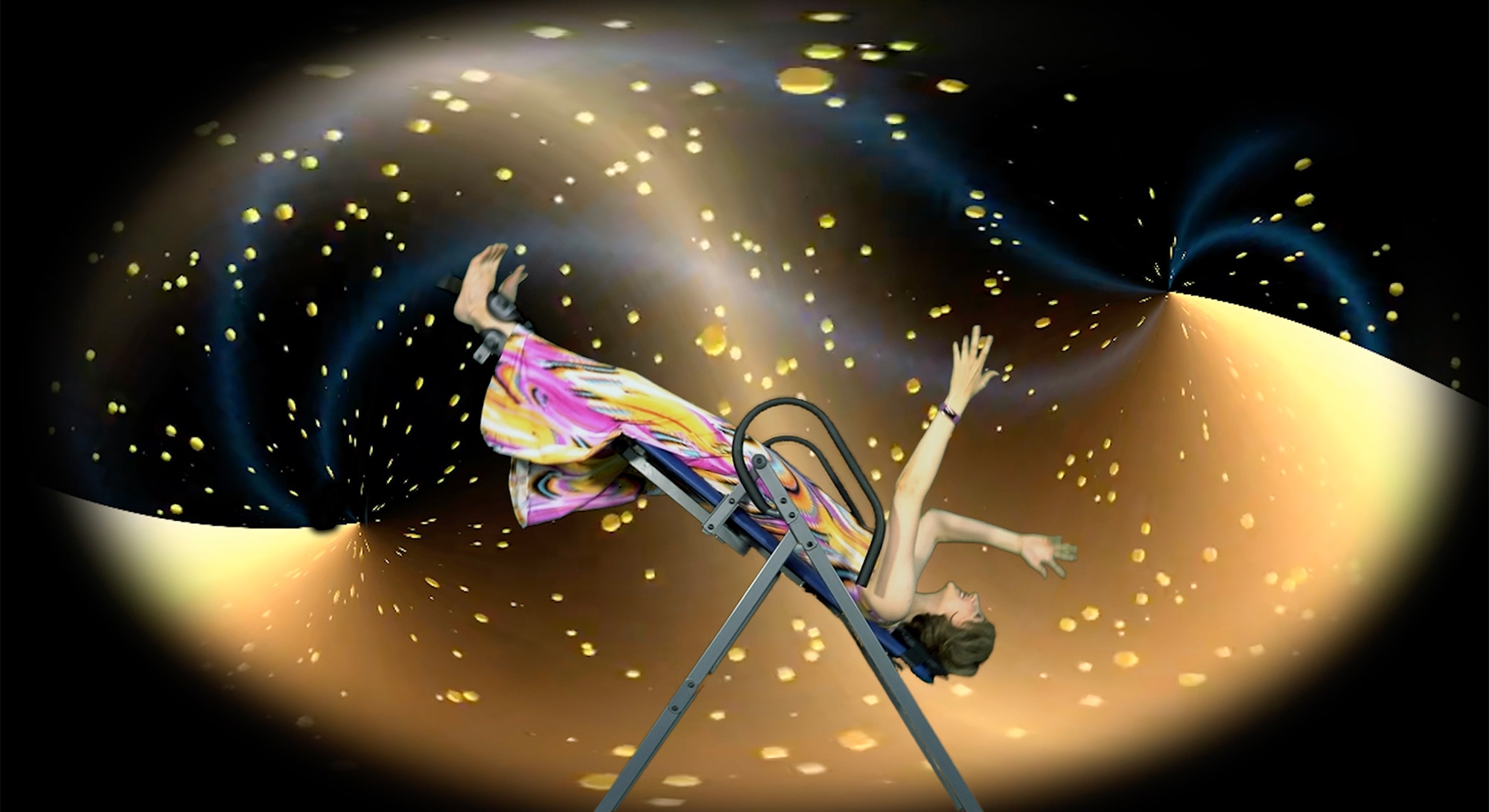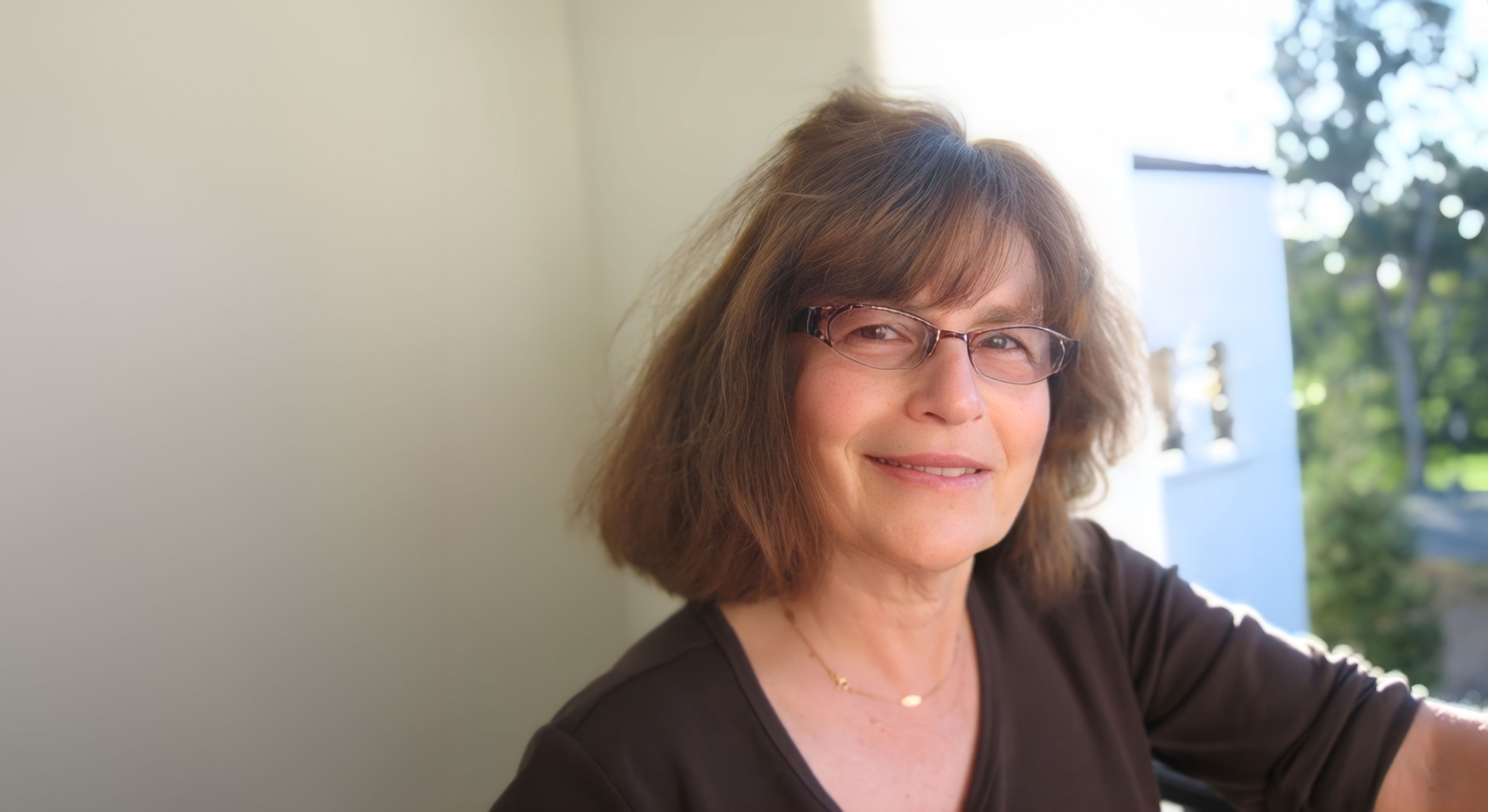In the 10th century, the Bani Hilal Bedouin tribe migrated from the Najd region of the Arabian Peninsula to Egypt and then across North Africa to Morocco. For a century or so, they were the dominant force in the area that is now Algeria, Tunisia, and Libya. Following major battles against the Moroccan Almohad dynasty in 1153 and 1160, however, their numbers diminished and the tribal confederation eventually disintegrated.
The story of the Banu Hilal is recounted in an Arabic oral epic poem titled "Sirat Bani Hilal." One of the best-known and most widespread narratives of Arab culture, the enormous work has remained virtually unknown to non-Arab scholars and inaccessible to Arab scholars due to a lack of published text or recordings. The poem, which has been sung and recited for at least seven centuries in oral tradition, is in danger of disappearing completely.
Now, however, with a Digital Innovation Grant from the American Council of Learned Societies (ACLS), Dwight Reynolds, professor of religious studies at UC Santa Barbara and director of the campus's Center for Middle East Studies, is creating a permanent Web site that will contain recordings, texts, and translations of "Sirat Bani Hilal." The site will also include secondary documentation, such as photographs, maps, and links to relevant electronic publications.
The first performance to be housed on the Web site will be a 54-hour version sung by the late master poet Shaykh Taha Abu Zayd from the village of al-Bakatush in the Nile Delta region of northern Egypt. The recordings of Abu Zayd were made in 1987 while Reynolds was doing fieldwork there. At that time, 14 performing epic singers lived in the village. Today, Reynolds noted, all of them have died and none of their sons have continued the tradition.
"The Web site will create a framework for hearing and understanding this epic poem," said Reynolds. It is an enormous undertaking, he added, given that a performance of the poem lasts over 100 hours and the entire text is over 1,000 pages.
"We are creating a virtual performance mode," he explained. "As visitors to the Web site hear a performer sing the verses, they will see English and Arabic transcriptions that will allow them to follow along with the story." Because a performance of the poem is an interactive event, the site also will include transcriptions of comments and exchanges between the performer and the audience.
"This is a dream come true because it gives scholars access to the material and it gives the poem back to the Arab world," Reynolds said of the Web site, which will be hosted in perpetuity by UCSB's Davidson Library. "It serves as a model of how oral traditions can be preserved.
Related Links



